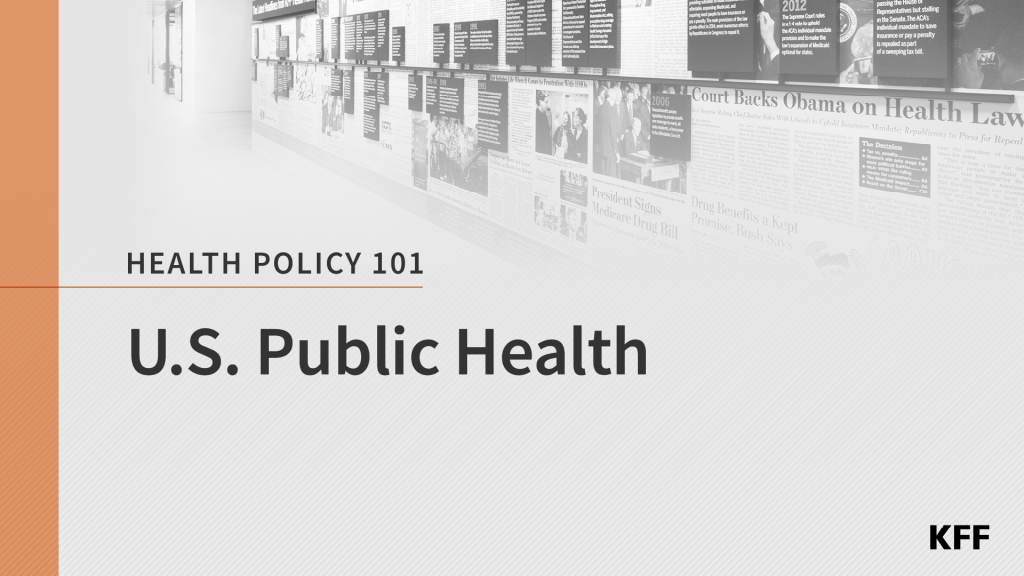Kaiser Health Policy News Index: April 2015
The health policy stories included in this month’s Kaiser Health Policy News Index were followed closely by about 4 in 10 Americans. Of the stories asked about this month, the one that garnered the most attention was coverage of the white police officer charged with the murder of an unarmed black man in South Carolina. Over half report closely following other stories, including the Germanwings plane crash in the French Alps, a new religious freedom law in Indiana that allows business owners to refuse service to gay customers, negotiations over Iran’s Nuclear Program, and a terrorist attack by Islamic militants at a university in Kenya. The only non-health story to receive less attention than the health stories this month was coverage of the Congressional Republican budget proposals, followed closely by just over a third of the public.
